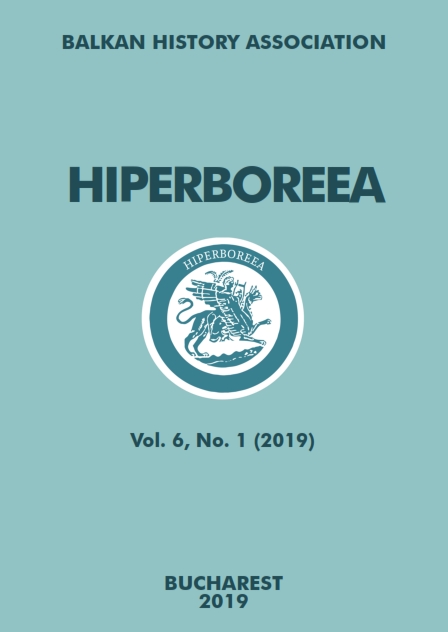Negative Emotions in Action – two Examples from the 15th Century Ragusan Diplomacy
Negative Emotions in Action – two Examples from the 15th Century Ragusan Diplomacy
Author(s): Valentina ZovkoSubject(s): Diplomatic history
Published by: Asociația de Istorie Balcanică
Keywords: Dubrovnik; diplomacy; emotions; 15th century; Ragusa;
Summary/Abstract: Emotions shouldn`t be neglected, but rather taken seriously in order to understand better the complexity of political, and socio-cultural processes that they have generated. The study of emotions in the field of diplomacy is particularly promising, but requires precise definition of the term, explanation of the methodological approach and qualifications concerning the research possibilities that depend upon the nature of the archival sources. The goal of this article is to analyze how words used to signify emotions, which could be signified as negative, shaped practical decisions within certain socio-political and cultural contexts; in other words to demonstrate an active role of emotions in shaping and conducting practical diplomatic decisions. The study aims to underpin the reciprocal relations between emotions and actions illustrated by two case studies from the late medieval Ragusan history. The sources of an interest are preserved in the State archive in Dubrovnik, in the archival seria Lettere di Levante, which, among others, contains the instructions written by the city authorities to their envoys. Despite the fact that the instructions were a product of a long and sober-minded discussions, and therefore they aren`t usually abundant with words used to express certain emotions in them, places where those expressions appear are quite significant and can tell us more about how emotions were used as a tool of cognitive processes.
Journal: Hiperboreea
- Issue Year: 6/2019
- Issue No: 1
- Page Range: 5-15
- Page Count: 10
- Language: English
- Content File-PDF

